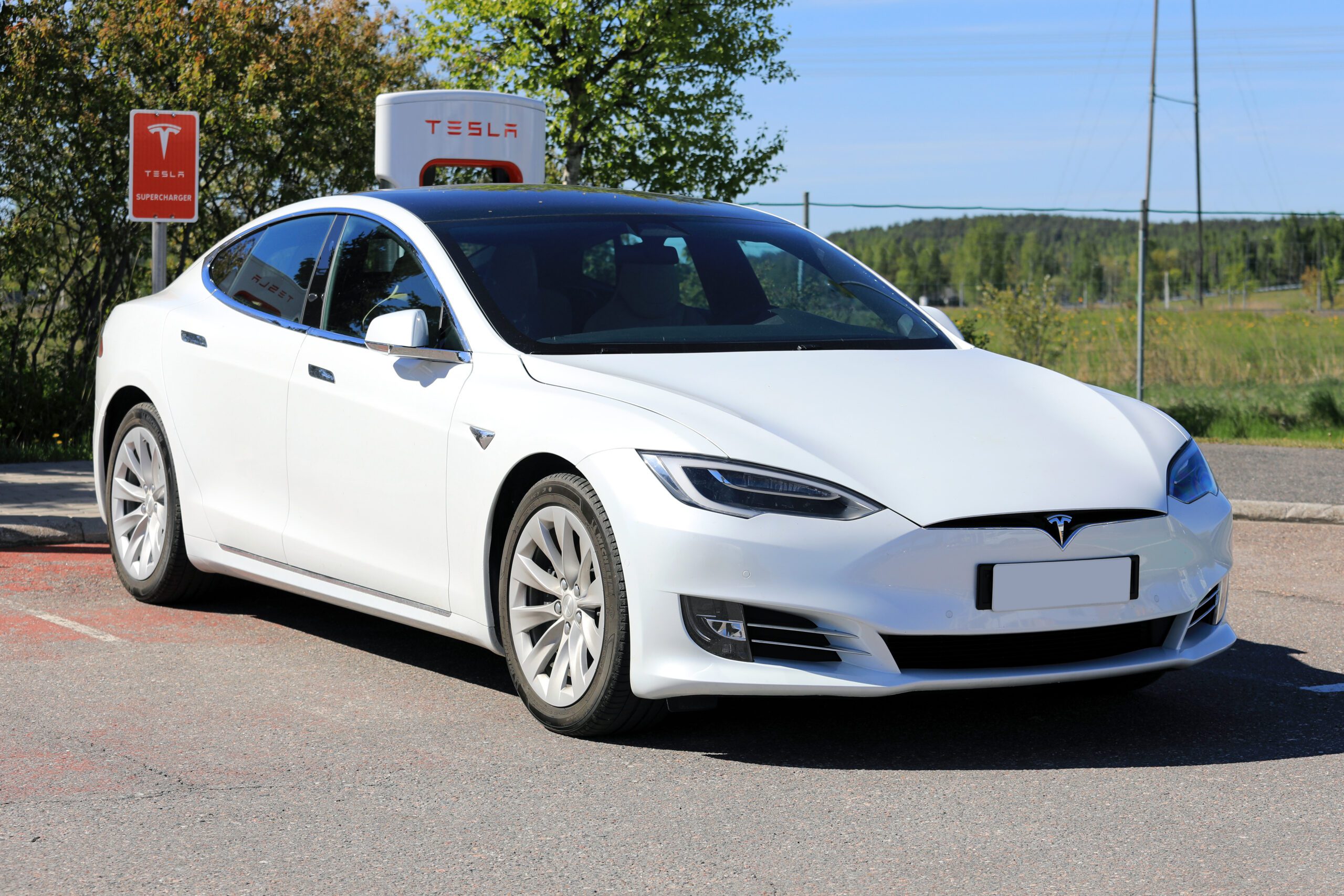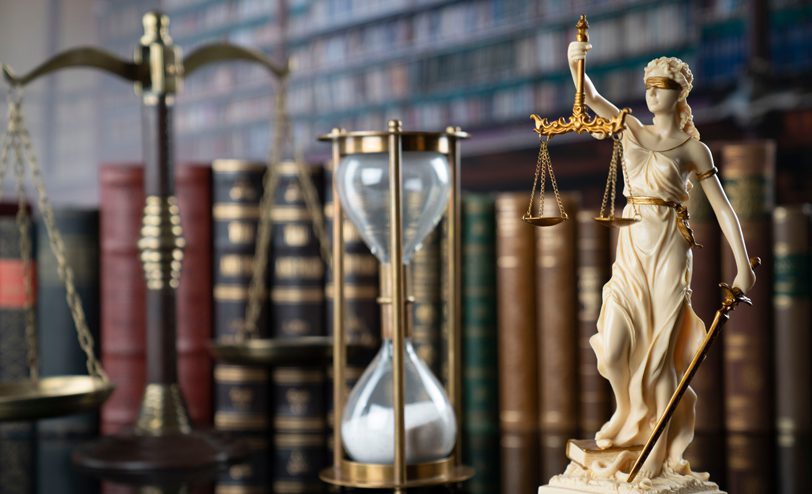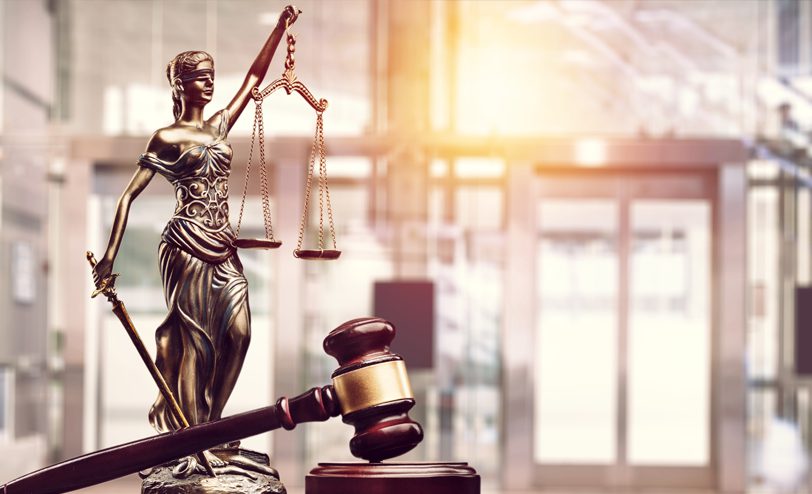A proposed class action alleges that Tesla misleadingly conveys that its advanced driver assistance system vehicles are self-driving without the need for human supervision. The lawsuit contends such vehicles equipped with advanced driver assistance, also known as “Autopilot,” “enhanced Autopilot,” or “Full Self-driving Capability,” require “constant and intensive human supervision and interaction,” and therefore are not in fact self-driving.
The plaintiff, Michael Nachman, is suing Tesla, Inc., Tesla Lease Trust, and Tesla Finance LLC. He claims Tesla has charged consumers thousands of additional dollars to add the “Enhanced Autopilot” and “Full Self-Driving Capability” to its vehicles. Nachman contends Tesla has deceived consumers regarding the current abilities of its advanced driver assistance system vehicle technology. He also claims Tesla has represented it “was perpetually on the cusp of perfecting that technology and finally fulfilling its promise of producing a fully self-driving car”—a promise he contends has “proven false time and time again.”
According to his class action complaint, Nachman asserts he bought a Tesla Model S in 2016, paying approximately $8,000 for the addition of the advanced driver assistance system. However, he found his vehicle was not fully self-driving, and the autopilot could only be activated in very limited and select locations. For instance, he claims, when the autopilot was active, it required him to check in with the system about once per minute, and the redlight detection feature often failed to detect redlights. Based on Tesla’s representations of system improvements via software updates, he continued to wait for updates that would allow the full self-driving capabilities, but those updates did not occur. Thus, he argues, his Model S is not and has never been fully self-driving, contrary to Tesla’s representations.
Nachman seeks to serve as a class representative and to certify a class comprised of: “All persons who purchased the Vehicles within New York for personal, family, or household and paid for ADAS and FSD,” with “Vehicles” defined to include Tesla vehicles equipped with advanced driver assistance systems, a.k.a. “Autopilot,” “Enhanced Autopilot," or "Full Self-Driving Capability.”
He asserts claims including violation of New York business laws and unjust enrichment and seeks remedies including damages.
The case is Michael Nachman v. Tesla, Inc., et al., case number 2:22-cv-05976-RPK-ST, in the United States District Court for the Eastern District of New York.





